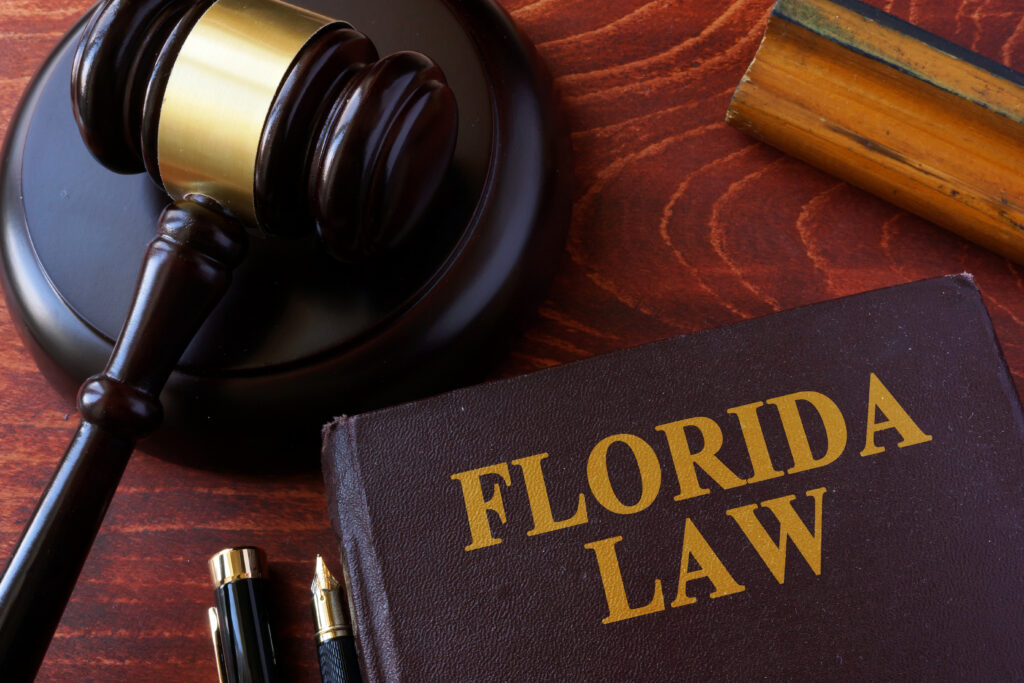On February 7, Rep. Darrell Issa (R-CA 48) introduced the Litigation Transparency Act in the U.S. House of Representatives. The bill would require third-party litigation funding agreements to be disclosed and produced in all federal civil litigation.
TPLF allows hidden investors to fund and potentially control lawsuits in exchange for a large cut of any settlement or award. The legislation marks a crucial step towards ensuring the integrity of our civil justice system and mitigating the potential national and economic security risks posed by TPLF.
Key Provisions of the Act
The proposed legislation includes critical provisions designed to shed light on TPLF practices:
- Ensures Transparency: The Act says that if you’re involved in a federal civil lawsuit and there is a third party (other than your lawyer) that stands to get paid, you need to let the court and all other parties know who that outside funder is. You must do this in writing within 10 days of making such an agreement or when you file the lawsuit, whichever comes later.
- Production of Agreements: The Act requires you to share with the court and all parties any agreement where a litigation funder has invested in a lawsuit and will receive payment based on the lawsuit’s outcome except as otherwise stipulated or ordered by the court.
- Applies to All Federal Cases: The Act applies to all civil litigation in federal court, from an individual case to a class action. It also applies to investments in individual cases and to situations where hedge funds and other commercial entities bet on a portfolio of cases, hoping to hit the jackpot in one or some of those cases.
- Definition of Commercial Enterprise: The Act defines a “commercial enterprise” as any business formed to conduct lawful activities. This doesn’t include entities that are only getting paid back for a loan or for covering attorney’s fees.
In a statement in support of the LTA, ILR President Stephen Waguespack noted the importance of this proposal: “His legislation will help protect the integrity of our judicial system by ensuring that outside financiers are not secretly directing or profiting from litigation they are funding. It is common sense that defendants, plaintiffs, and judges should know who is seeking to profit off litigation. The U.S. Chamber of Commerce thanks Rep. Issa for his continued leadership and strong work on this important issue.”
Understanding the Need for Transparency
The problems of TPLF were thrown into sharp relief earlier this year in the Sysco v. Burford saga. Sysco alleged that its litigation funder, Burford Capital, prevented it from accepting reasonable settlements in its antitrust litigation, essentially forcing Sysco to continue litigation it wanted to resolve.
National security is also a concern with TPLF. As highlighted in ILR’s research, the secrecy surrounding TPLF makes it impossible to know if foreign governments or actors are pouring millions or billions of dollars into U.S. litigation, raising significant concerns about foreign influence and interference in the U.S. judicial system. Recent reporting confirms ILR’s concerns.
In another example from this year, a Bloomberg Law article exposed an investment firm established by Russian billionaires with close connections to Vladimir Putin that funded lawsuits globally, including in the U.S., to evade international sanctions. The article reveals that A1, a subsidiary of the Russian conglomerate Alfa Group, has funded lawsuits in New York and London prior to and following sanctions imposed on three of its billionaire founders in the wake of the 2022 Ukraine invasion.
More Calls for Transparency
Other elected officials are also raising concerns about the industry.
The Texas Supreme Court Advisory Committee is examining possible rules to address TPLF transparency in Texas state courts. ILR, Lawyers for Civil Justice (LCJ), and the Texas Civil Justice League (TCJL) have submitted a letter advocating for mandatory disclosure of TPLF agreements to prevent undue influence by funders and ensure litigation decisions are made by the parties involved. The letter highlights the growing concerns about TPLF secrecy, recent state reforms in Indiana, Louisiana, and West Virginia, and the risks of foreign manipulation of the U.S. legal system.
Last July, Sen. John Cornyn (R-TX) and Sen. Thom Tillis (R-NC) submitted a letter to the Advisory Committee on Civil Rules, and Rep. James Comer (R-KY 1), Chairman of the U.S. House Committee on Oversight and Accountability, submitted a letter to Chief Justice John Roberts expressing the need for a uniform, nationwide requirement to disclose TPLF agreements. The letters call attention to the importance of knowing the details about where funding is coming from, the financial details, and any possible conflicts of interest to ensure informed decision-making and prevent any perceptions of unfair influence. Last year, Sen. John Kennedy (R-LA) offered a version of the Protecting Our Courts from Foreign Manipulation Act as an amendment to the Senate’s National Defense Authorization Act. The amendment would require the disclosure of all foreign funding of litigation and would ban foreign governments and sovereign wealth funds from investing in U.S. litigation through TPLF, among other things.
The flurry of recent activity shows policymakers’ increasing concerns with the opaque funding industry. And the LTA is a significant step towards bringing transparency and accountability to TPLF. By requiring disclosure and the production of all TPLF agreements in federal civil litigation, the legislation seeks to protect the integrity of the U.S. legal system and ensure that litigation serves the interests of justice, not hidden financial (or other) agendas.



